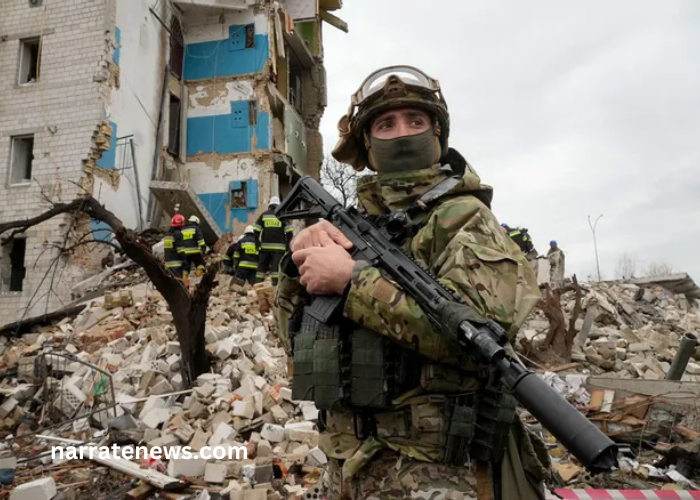
Guerre en Ukraine
The war in Ukraine is a complex and devastating conflict that began in 2014 and continues to have a profound impact on the region and international relations. This conflict, often referred to as the Ukraine crisis, has deep historical roots and involves various national and international actors. In this article, we will examine in detail the origins of the war in Ukraine, the main events and actors involved, recent developments, as well as the long-term implications of this conflict on Ukraine and the world.
Origins of the War in Ukraine
The war in Ukraine has its origins in the 2014 Ukrainian revolution, also known as Maidan. This revolution erupted in response to President Viktor Yanukovych’s sudden rejection of an association agreement with the European Union. Pro-European protests on Maidan Square in kyiv quickly evolved into a broader movement calling for democratic reforms and the resignation of the government.
Tensions escalated when President Yanukovych fled the country in February 2014, following violent clashes between protesters and security forces. Soon after, pro-Russian armed groups took control of Crimea, a strategic Ukrainian region, and held a disputed referendum to join Russia. This annexation of Crimea was condemned by the international community and led to sanctions against Russia.
Main Actors of the Conflict
Several national and international actors are involved in the conflict in Ukraine:
Ukrainian Government: The Ukrainian government, led by President Volodymyr Zelensky since 2019, seeks to restore Ukraine’s territorial integrity and reestablish control over eastern regions controlled by pro-Russian separatists.
Pro-Russian separatists: Armed groups backed by Russia have taken control of the Donetsk and Luhansk regions in eastern Ukraine. They proclaimed independent republics not recognized by the international community.
Russia: Russia is accused by Ukraine and many Western countries of supporting separatists with weapons, funds and troops. Russia denies direct involvement and says it supports Russian speakers in Ukraine .
West: The United States, European Union and other Western countries have supported Ukraine by imposing economic sanctions against Russia and providing military and humanitarian aid to Ukraine.
Recent Developments
Since the start of the conflict, the following developments have taken place:
Ceasefire Violations: Despite ceasefire agreements reached during peace negotiations in Minsk, fighting continues intermittently in eastern Ukraine.
Humanitarian crisis: The conflict has resulted in a major humanitarian crisis, with hundreds of thousands of people internally displaced and difficult living conditions for civilians in combat zones.
Political developments in Ukraine: Ukraine has carried out political and economic reforms to strengthen its institutions and fight corruption, with financial and technical support from the West.
Long-Term Implications
The war in Ukraine has long-term implications that extend beyond the country’s borders:
Regional Instability: The conflict in Ukraine has contributed to instability in Eastern Europe and led to a deterioration in relations between Russia and the West.
Reassessment of European security: The war in Ukraine has led many European countries to reassess their security and strengthen defense cooperation.
Political and ethnic division: The conflict has exacerbated political and ethnic divisions in Ukraine, with lasting consequences for Ukrainian society.
Conclusion
The war in Ukraine remains an ongoing conflict with devastating consequences for the country and the region. Diplomatic efforts to resolve the conflict continue, but challenges remain numerous. Understanding the origins and actors of this complex conflict is crucial to assessing its long-term implications and supporting peace and reconciliation efforts in Ukraine.


